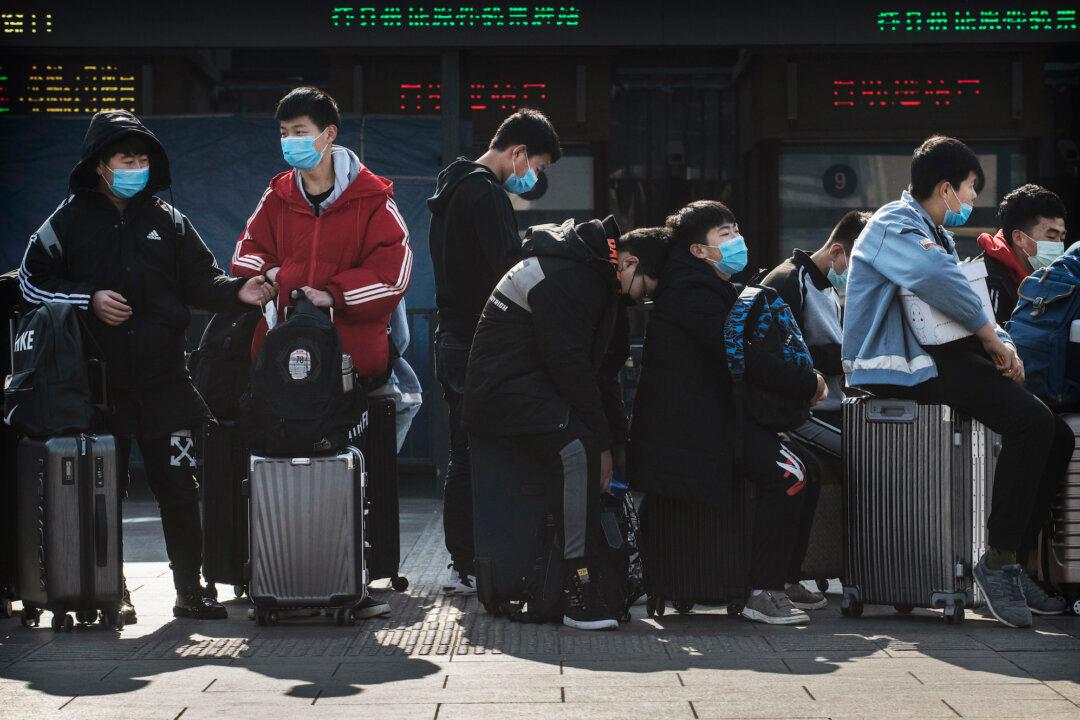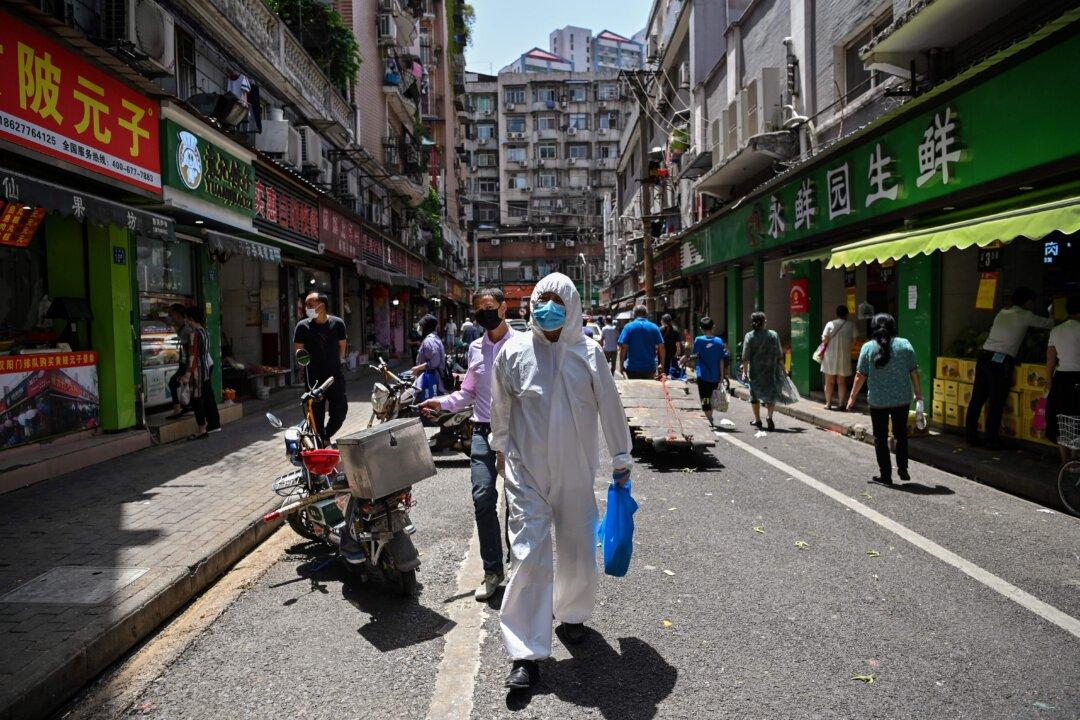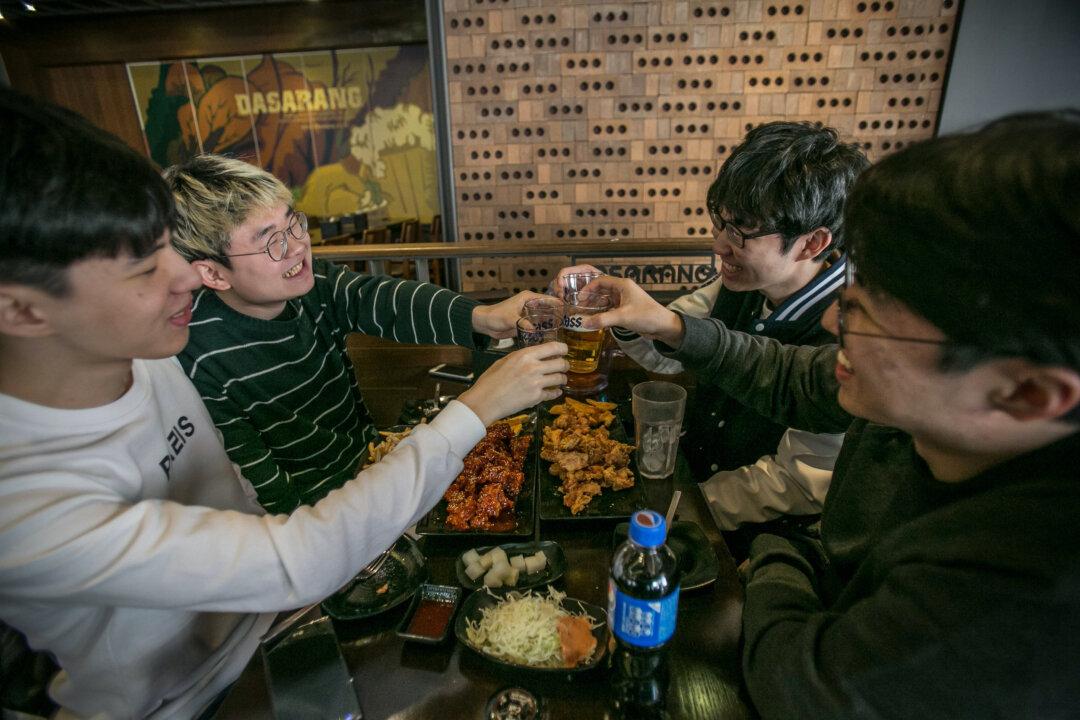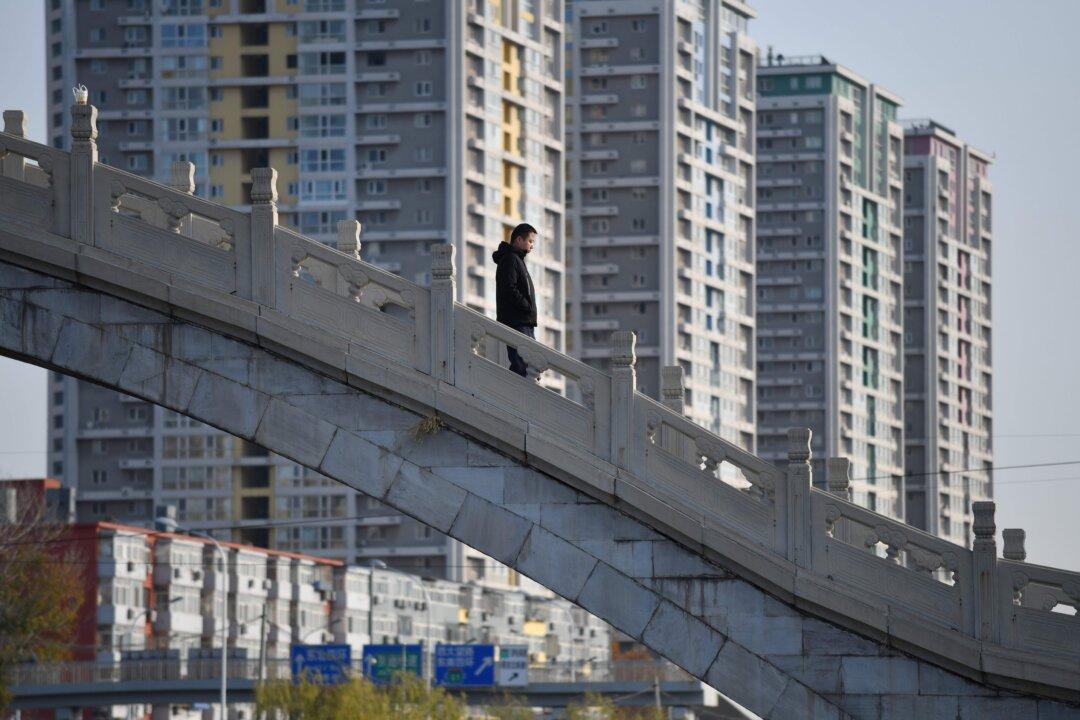In recent years, preferential treatment for foreign students by Chinese universities has repeatedly stirred up resentment among the domestic student population.
The Epoch Times recently obtained internal documents from a trusted source that revealed a case of preferential treatment for international students at Liuzhou City Vocational College in Guangxi, a Chinese autonomous region bordering Vietnam.




